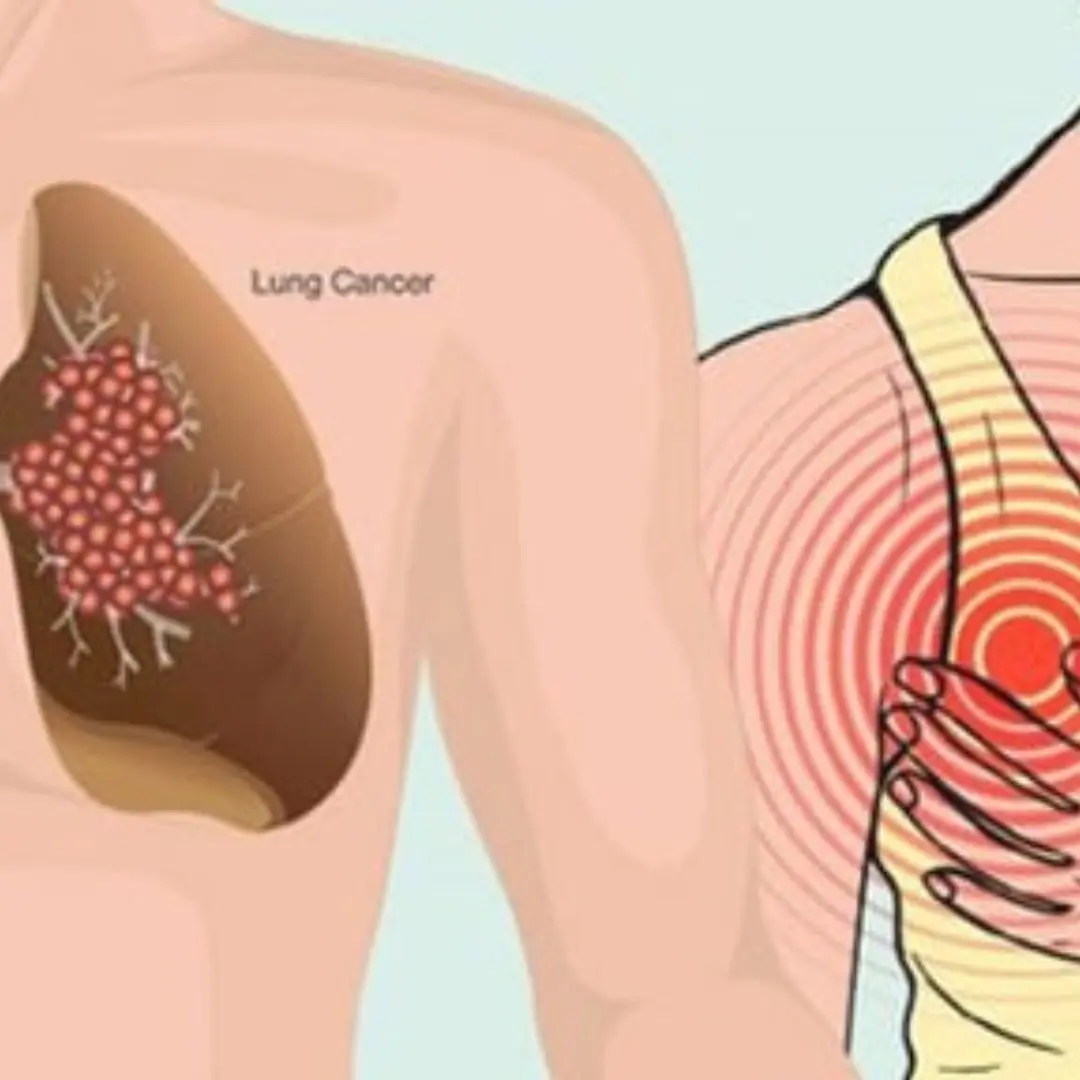
4 Oral Abnormalities That Are EARLY WARNINGS When Can.cer Targets You as Its “Prey”
4 Oral Abnormalities That Are EARLY WARNINGS When Can.cer Targets You as Its “Prey”
Don’t rush to assume that bad breath or unusual changes in the mouth are just common dental issues or caused by food. Otherwise, you may overlook early warning signs of cancer.
When cancer develops, it doesn’t only affect the organ with the tumor—your whole body can send out alarm signals. Many of these symptoms are subtle and easily ignored. Among them, the oral cavity is considered a “mirror” reflecting overall health, as many cancers can leave early traces there.
If you experience the following 4 abnormalities, do not take them lightly—seek medical attention immediately to rule out cancer risk.
1. Unusual Difficulty Swallowing
A persistent feeling of difficulty swallowing or a lump in the throat—even when eating soft foods or swallowing saliva—should not be ignored. In early stages, this may be mild and mistaken for a sore throat or flu. However, according to the American Cancer Society, difficulty swallowing is a key symptom in patients with esophageal cancer and thyroid cancer, and it may also be linked to lung cancer, stomach cancer, or lymphoma.
In later stages, patients may struggle to swallow even liquids, sometimes vomiting continuously. This indicates that the tumor has grown large enough to press on or invade nearby structures—requiring urgent medical evaluation.
2. Mouth Ulcers That Do Not Heal
Normally, a mouth ulcer heals within 1–2 weeks. If a sore lingers longer—especially if it is swollen, painful, or bleeding—it is a red flag. Experts emphasize that this may be a sign of oral cancer or head and neck cancer. Even without bleeding, any persistent, fixed ulcer that doesn’t disappear should be screened for cancer.
The mechanism is that cancer cells invade and destroy mucosal tissue, preventing normal healing. Detecting this stage early greatly improves treatment outcomes.
3. Persistent Gum Bleeding
Occasional gum bleeding from brushing too hard is not alarming. But if it persists, happens frequently, and without a clear cause, it requires attention. Doctors note that this can be associated with liver cancer. When cancer impairs blood clotting, the body is prone to bleeding at multiple sites—gum bleeding being one of the easiest to notice.
In addition, bleeding in the mouth, or blood mixed in sputum or saliva, may be linked to lung cancer or leukemia.
4. Unusual Bad Breath Despite Good Hygiene
Bad breath is often blamed on poor oral hygiene or diet. However, if bad breath is persistent and does not improve despite thorough cleaning, it could be a cancer signal.
Studies show that patients with liver, stomach, or intestinal cancer often develop severe halitosis, with breath that smells like rotten eggs or decayed apples. Advanced lung cancer can cause a pungent odor, while liver cancer often produces strong morning breath accompanied by dry mouth and bitterness.
Therefore, unusual halitosis is not always a dental issue—it may be a warning sign of malignancy.
News in the same category


Just one glass of sugarcane juice, taken at the perfect time, can unlock countless benefits for your body
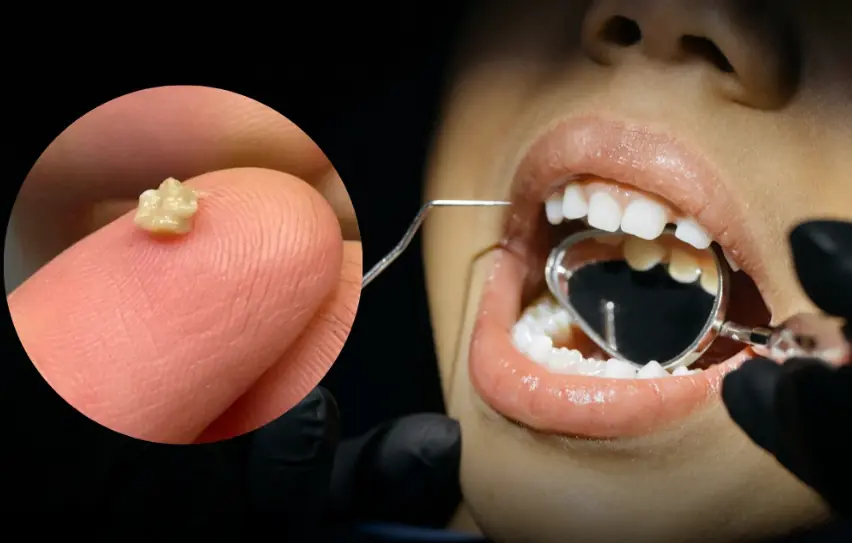
7-year-old boy mo.cked by classmates for bad smell, mother stunned by what doctor removed from his mouth
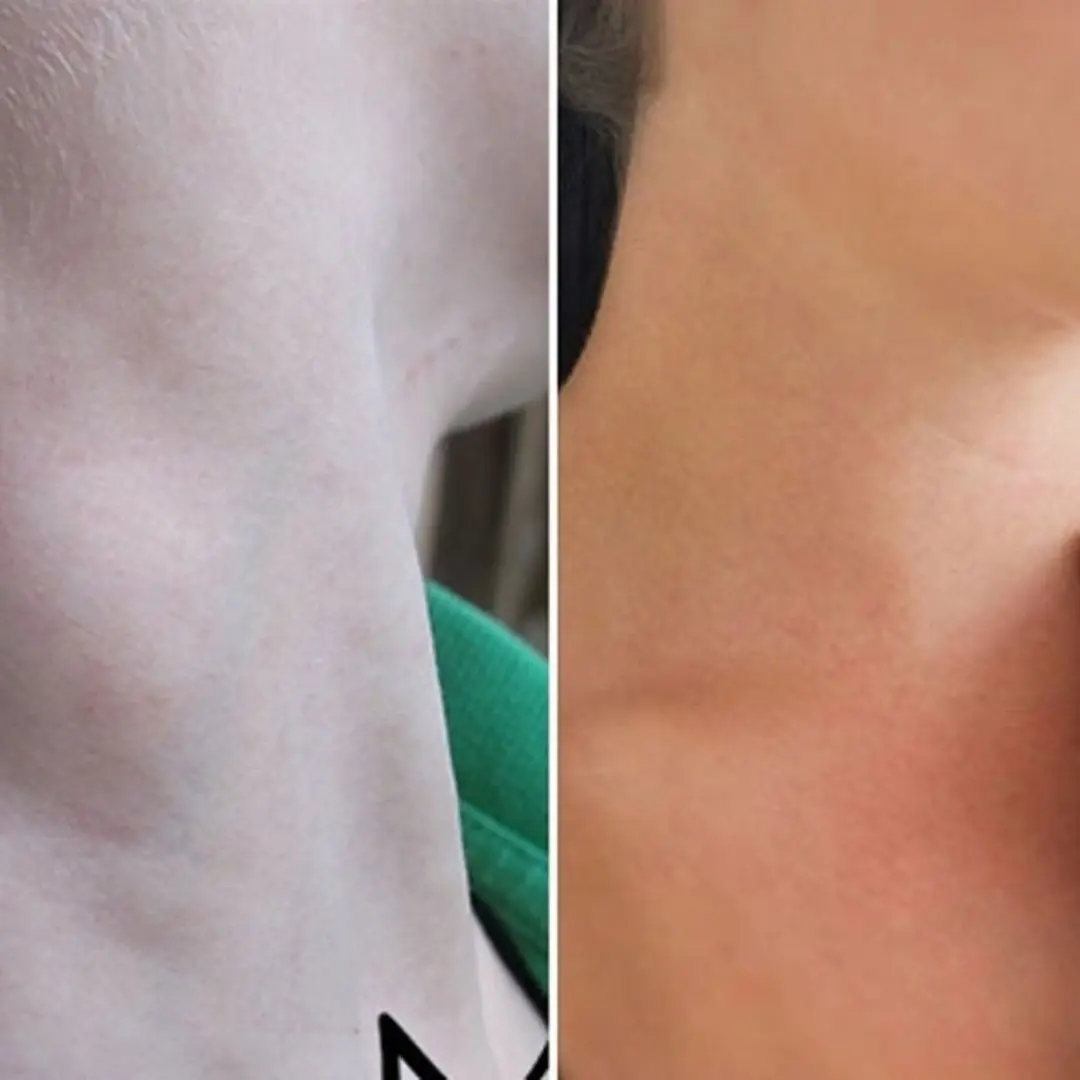
Signs and treatment of early stage nasopharyngeal cancer

Peeing in the shower: harmless habit or hidden danger? Experts explain
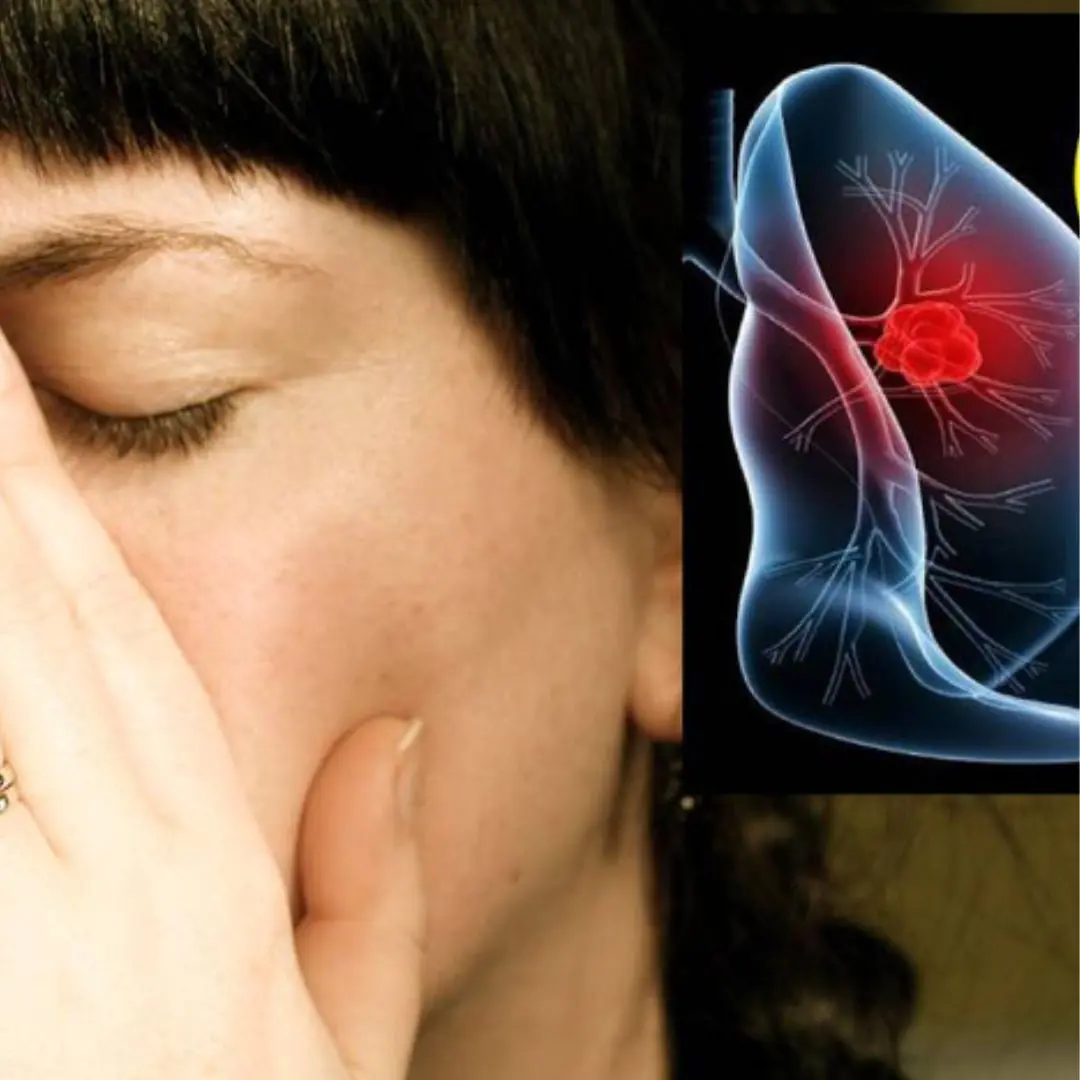
5 Early Signs of Lung C.an.cer You Need to Know
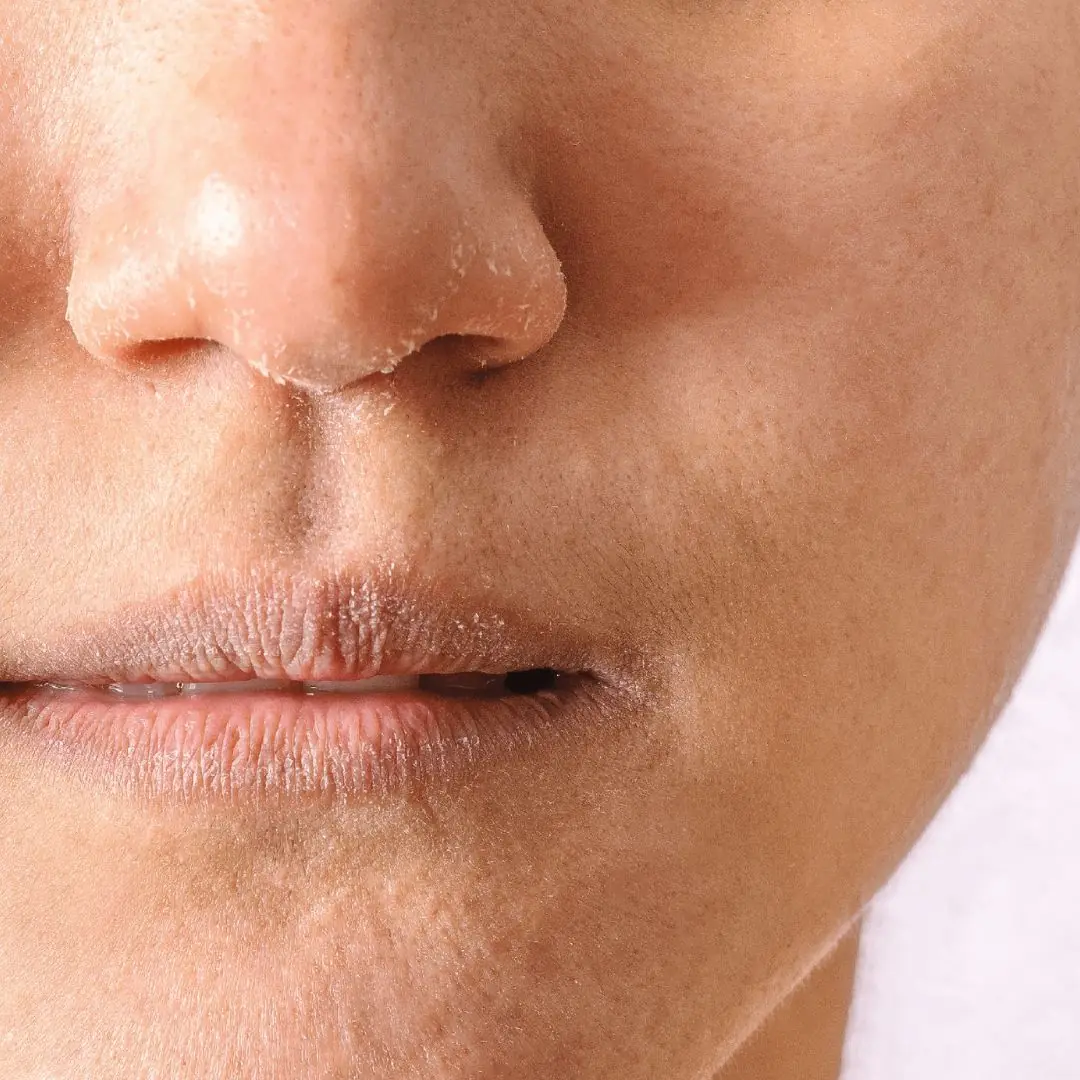
People with healthy kidneys will not have these 3 signs on their skin: If you don't have all of them, congratulations!
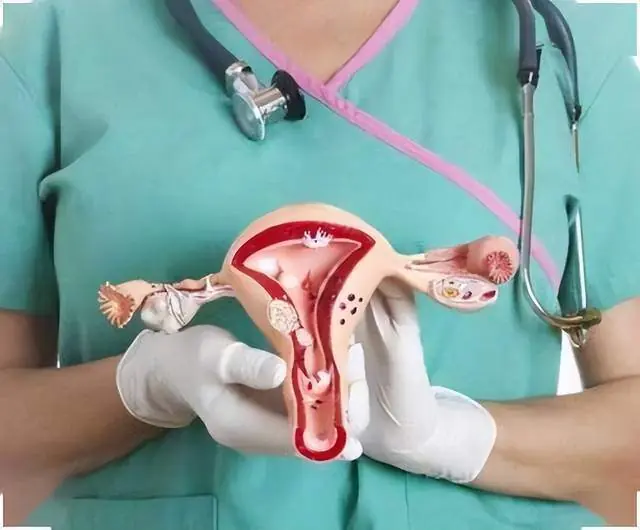
70% of Ova.rian Can.cer Cases Are Diagnosed at a Late Stage
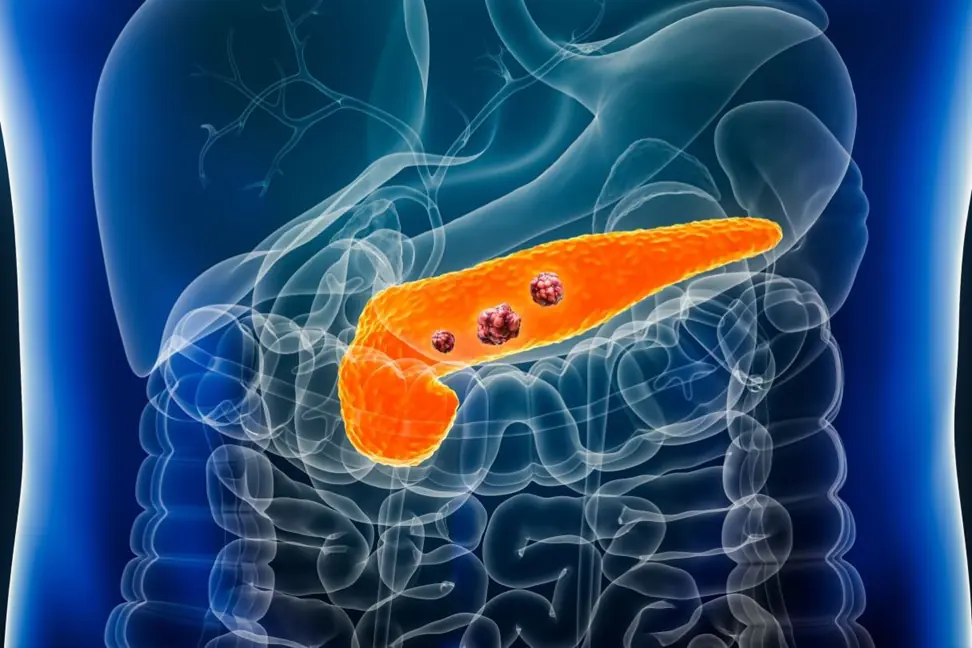
The Habit That Puts Millions at Risk of Pancreatic Can.cer

5 Types of “Chemical-Soaked” Produce You’ll Find at the Market
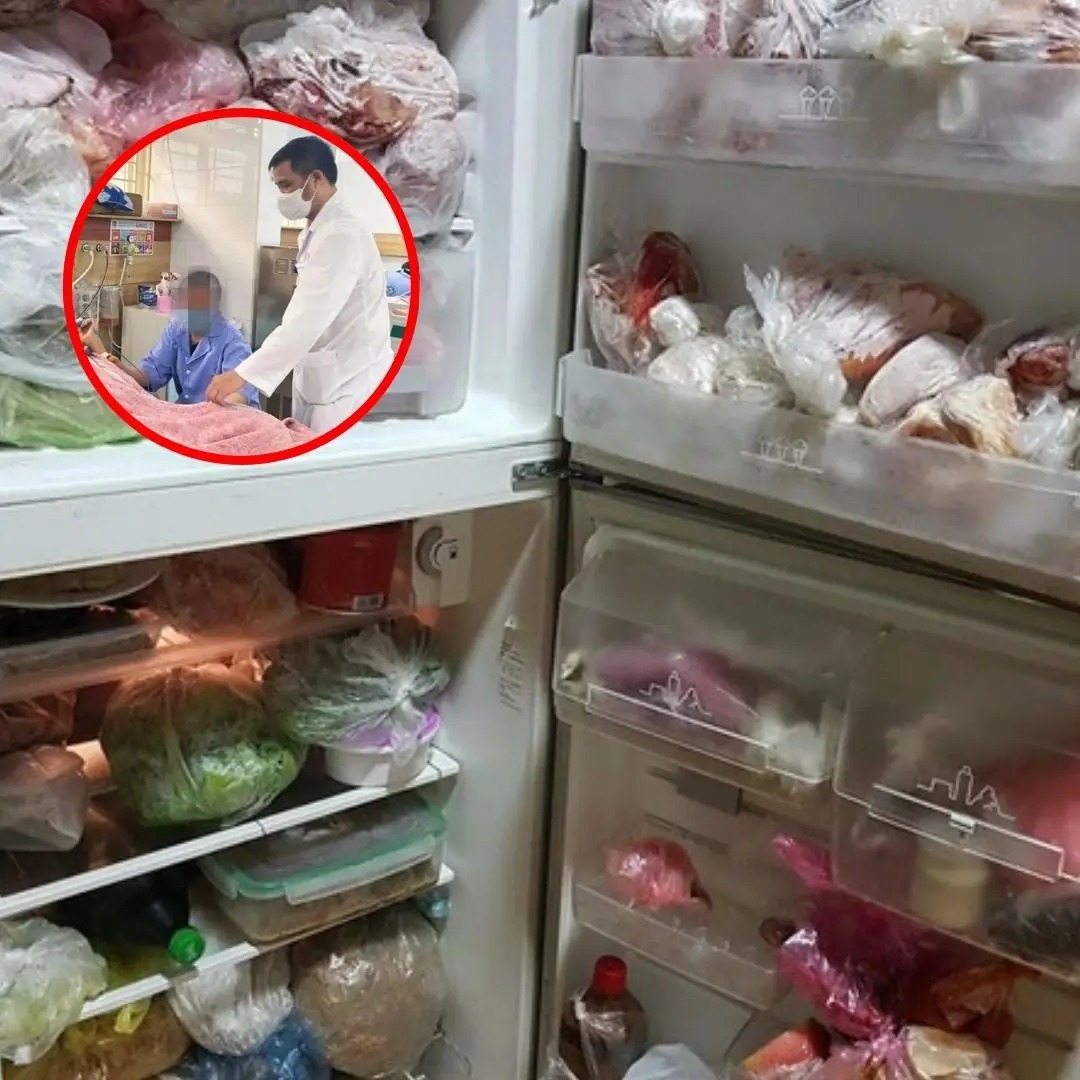
Tragedy Strikes: One Dead, Three Fighting for Life After Eating Leftover Meat Stored in a Freezer

A 33-Year-Old Woman Ate Lettuce at Every Meal—Three Months Later

7 Foods That Can Turn He.art Medications into a “De.adly Poi.son”

Catching Nasopharyngeal Cancer in Its Early Stages May Offer a 72% Survival Rate

Doctor Reveals 5 Dangerous Mistakes You Must Avoid Right After Eating

"7 Silent Habits That Wreck Your Bones and Joints — Quit Them Now or Face Pain in Old Age

Night Sweats Explained: 7 Surprising Facts

Warning: 10 Overlooked Symptoms That Could Signal Blood Cancer

4 Abnormal Signs in the Abdomen That May Seem “Minor” but Could Indicate Can.cer
News Post

This morning symptom should never be ignored: it may signal cancer, seek medical attention immediately

Just one glass of sugarcane juice, taken at the perfect time, can unlock countless benefits for your body

7-year-old boy mo.cked by classmates for bad smell, mother stunned by what doctor removed from his mouth

Signs and treatment of early stage nasopharyngeal cancer

The Strange Fruit That’s Sweet When Bitten Lengthwise but Astringent When Bitten Crosswise

No Matter How Cheap It Is, Never Buy These 3 Types of Chicken Meat

Peeing in the shower: harmless habit or hidden danger? Experts explain

5 Early Signs of Lung C.an.cer You Need to Know

Using a rice scoop for decades, but not everyone knows what this small dot does
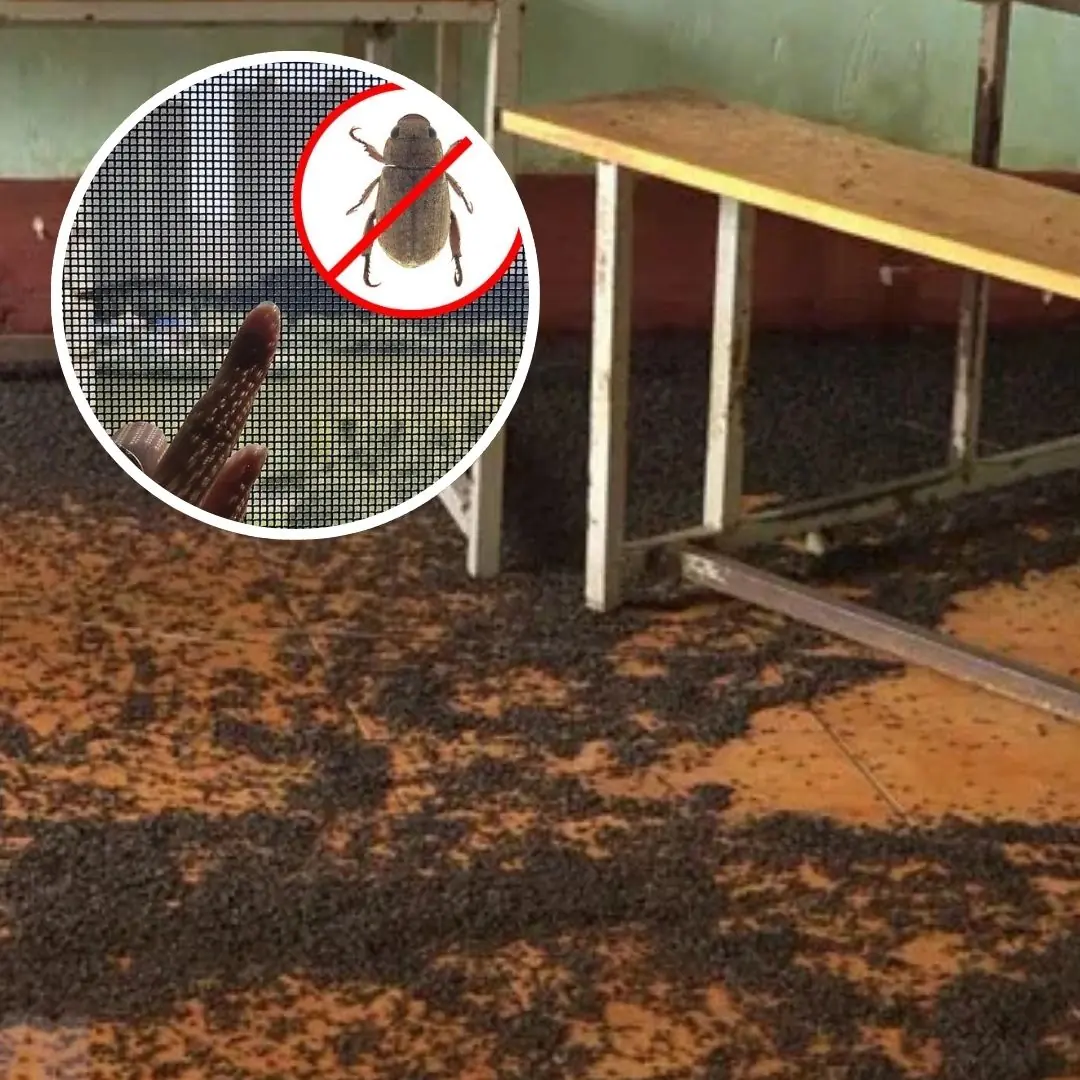
“Black Bean Bugs Uncovered: The Dangers They Pose and How to Get Rid of Them Fast!

People with healthy kidneys will not have these 3 signs on their skin: If you don't have all of them, congratulations!

Place a Piece of Ginger by Your Bedside

70% of Ova.rian Can.cer Cases Are Diagnosed at a Late Stage
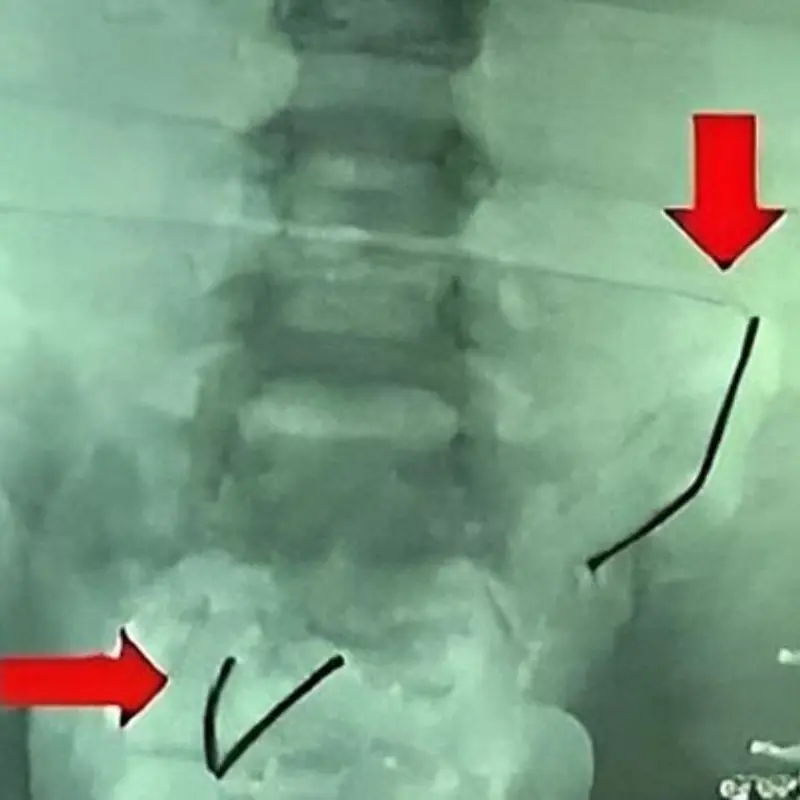
5-Year-Old Boy’s Sto.mach Pain Leads to Shocking Discovery
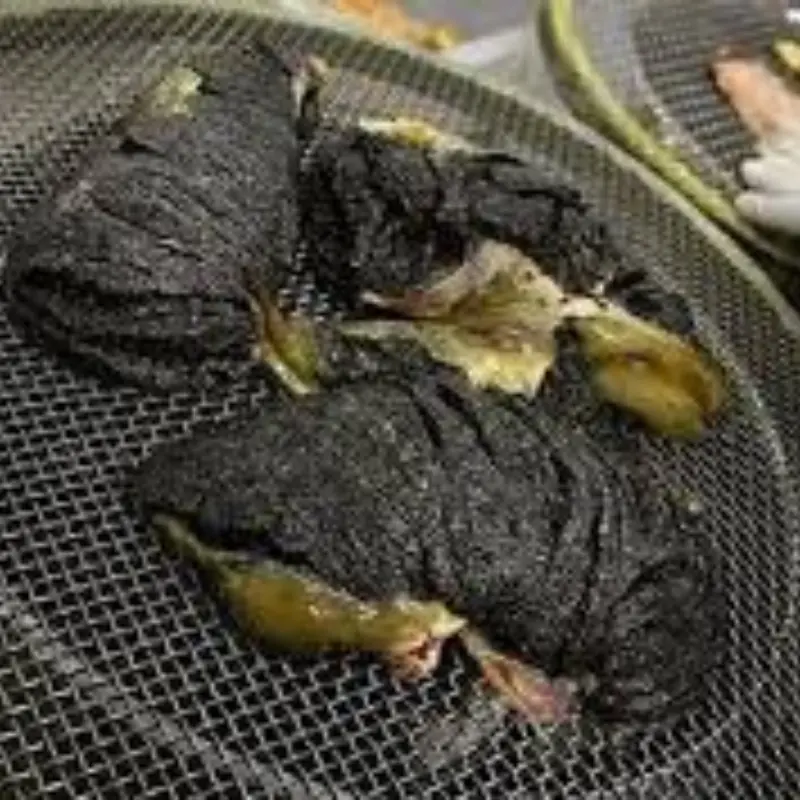
Once Used as Pig Feed, Now a Luxury Delicacy Worth $3 Million per Kilogram

The Overlooked ‘Ginseng for the Poor’ Growing Wild in the Countryside

The Habit That Puts Millions at Risk of Pancreatic Can.cer

5 Types of “Chemical-Soaked” Produce You’ll Find at the Market
